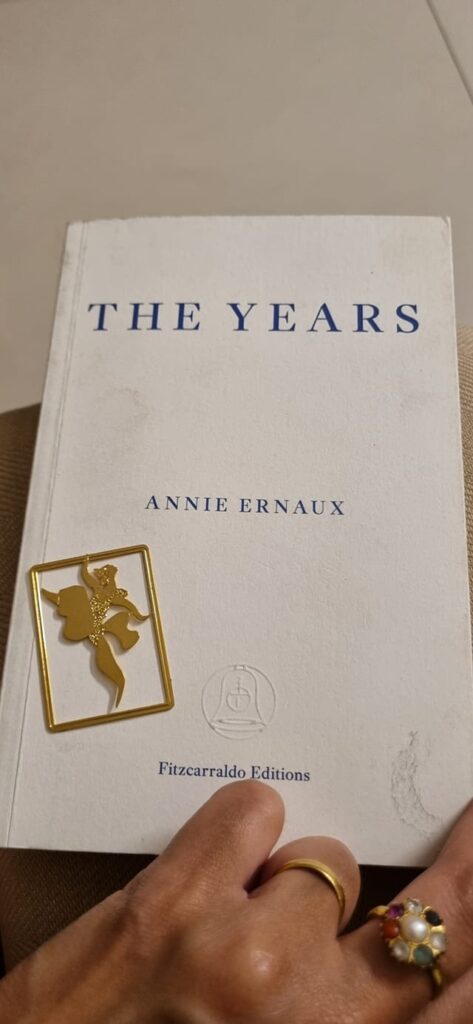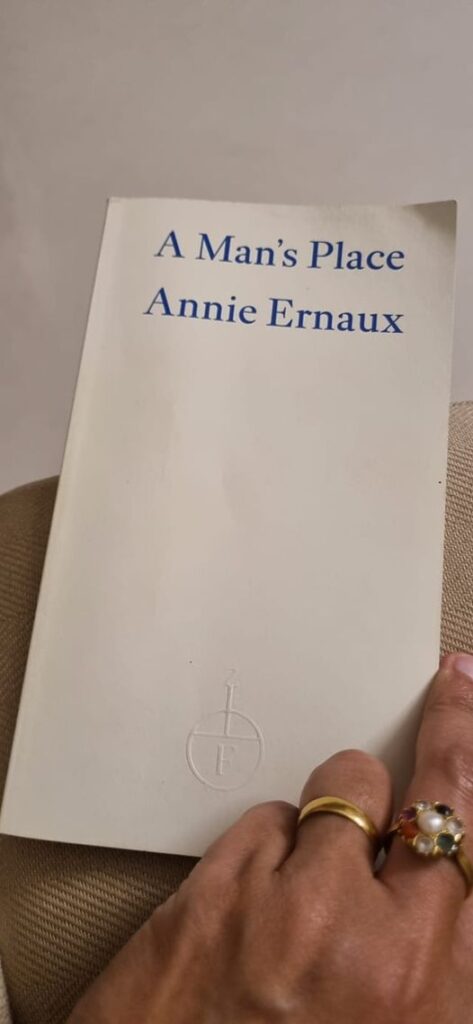“The Years”, Annie Ernaux

We reflected on our lives as women. We realized that We’d missed our share of freedom — sexual, creative, or any other kind enjoyed by men. We were as shattrteded by the suicide of Gabrielle Russier as by that of a long lost sister, and were enraged by the guile of Pompidou, who quoted a verse by Eluard that nobody understood to avoid saying what he really thought of the case. The Women’s Liberation Movement had arrived in the provinces. “La Torchon Brule” was on the newsstands. We read “The Female Eunuch” by Germaine Greer, “Sexual Politics” by Kate Millet, “Stifled Creation” by Suzanne Horer and Jeanne Socquet with the mkngled excitement and powerlessness one feels on discovering a truth about oneself in a book. Awakened from conjugal torpor, we sat on the ground beneath a poster that read “A woman without a man is like fish without a bicycle” and went back over our lives. We felt capable of cutting ourselves loose from husband and kids, and writing crudely. Once we were home again, our determination faded. Guilt welled up. We could no longer see how to liberate ourselves, how to go about it, or why we should. We convinced ourselves that our man was neither a phallocrat nor a macho. We were torn between discourses, between those that advocated equal rights for the sexes and attacked patriarchy, and those that promoted everything feminjne: periods, breast-feeding, and the making of leek soup. But for the first time, we envisaged our lives as a march towards freedom, which changes a great many things. A feeling common to women was in its way out, that of natural inferiority.
The Years by Annie Ernaux, translated by Tanya Leslie ( Fitzcarraldo Editions)
24 Feb 2023

